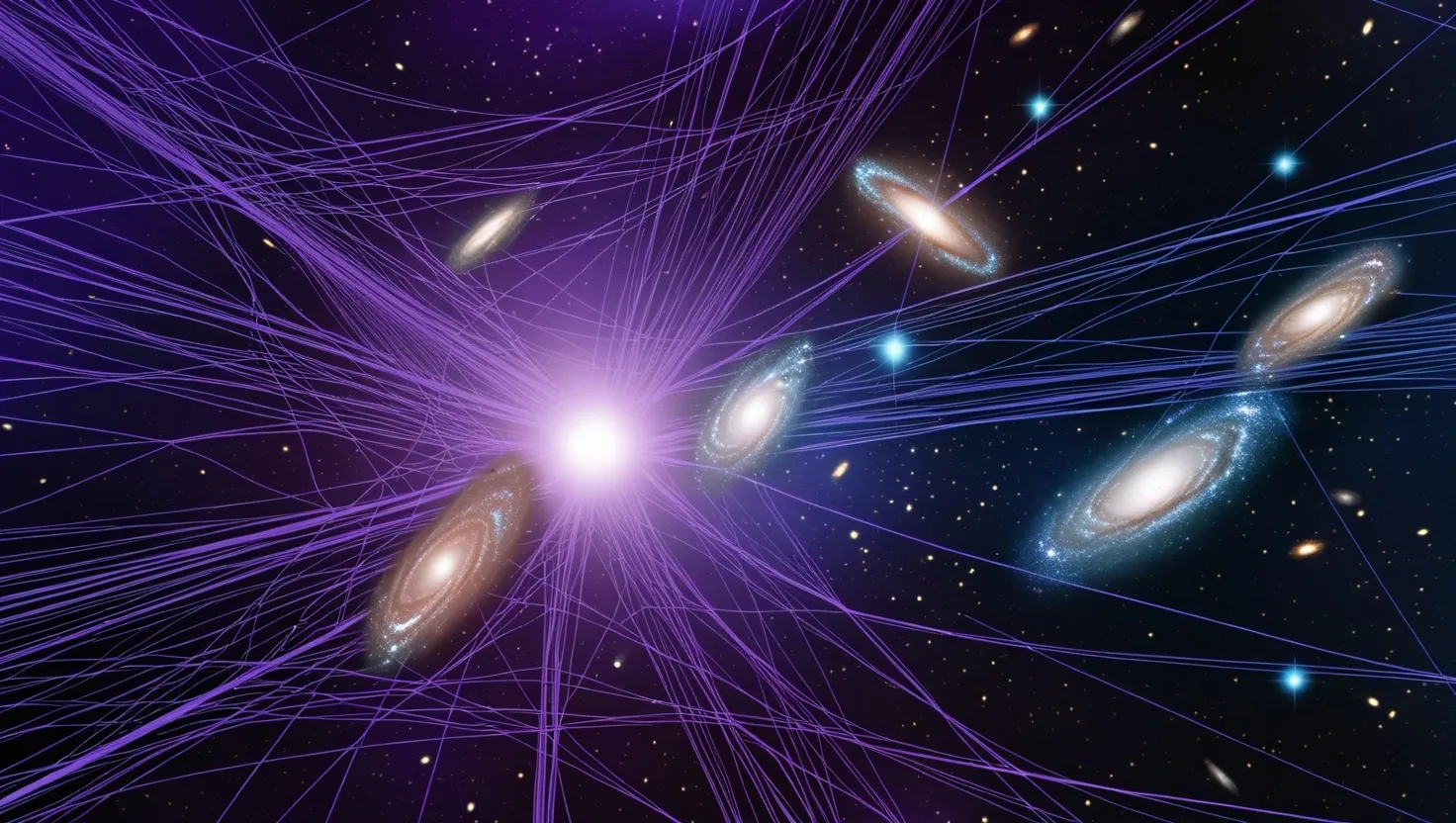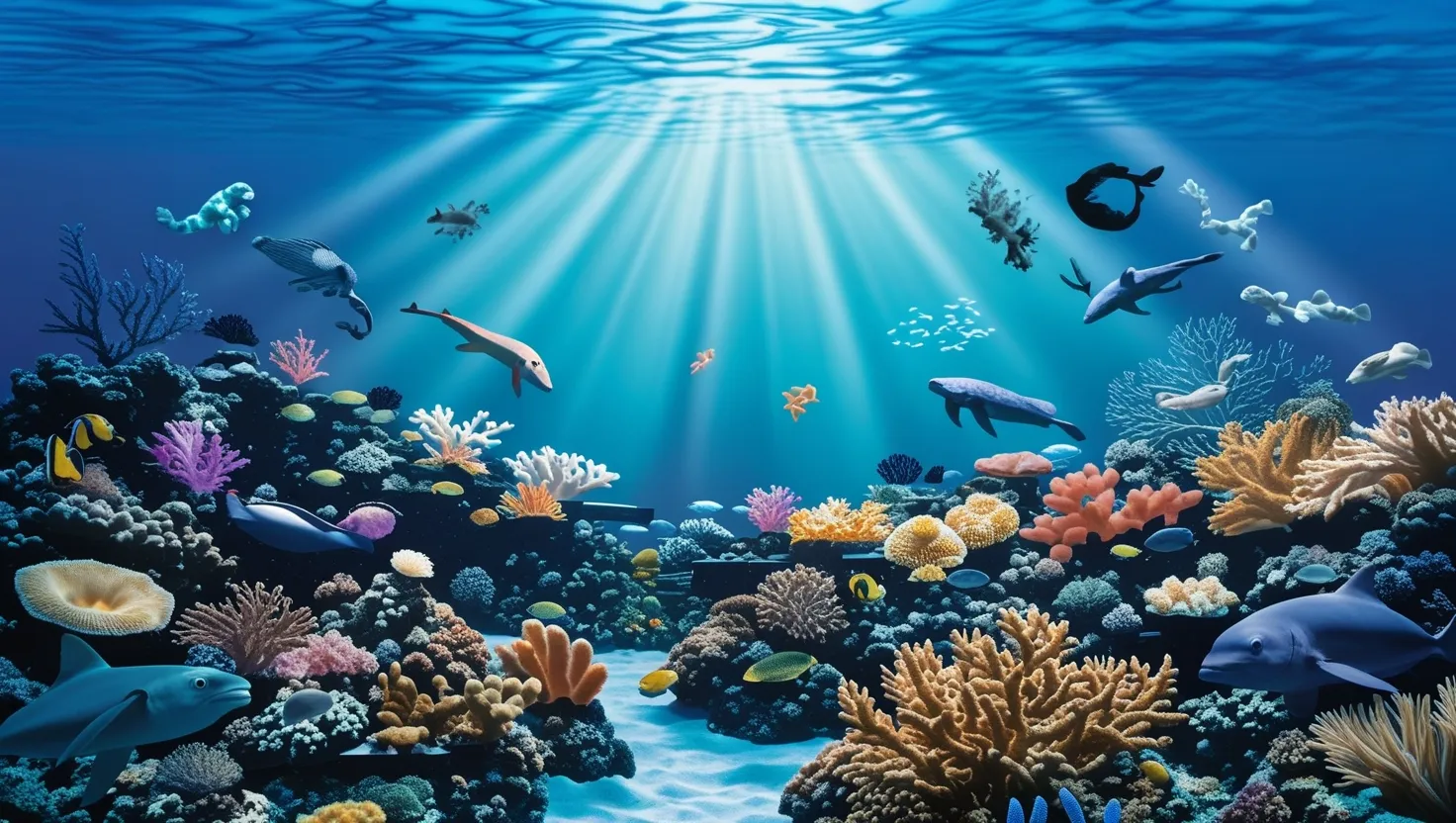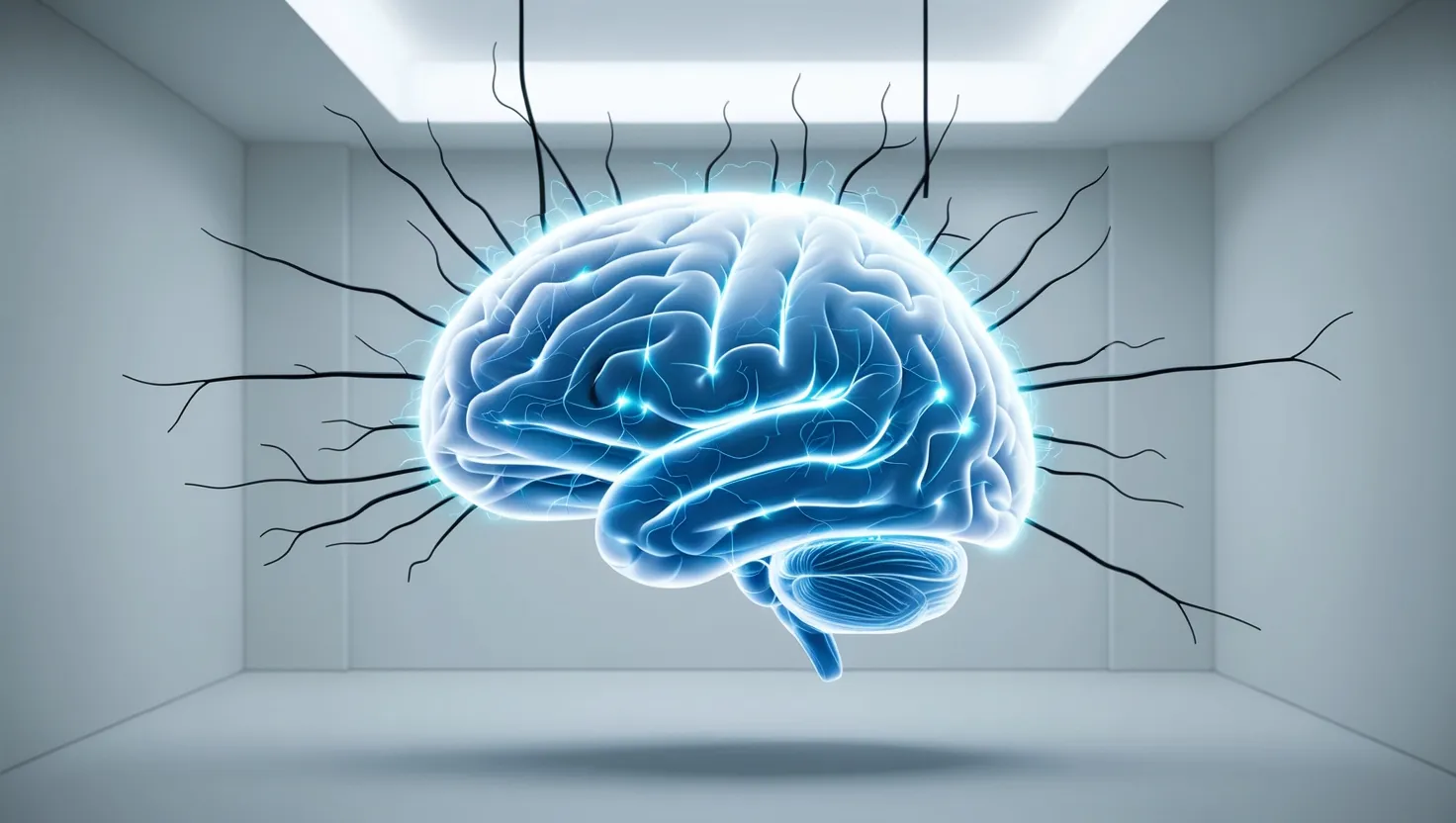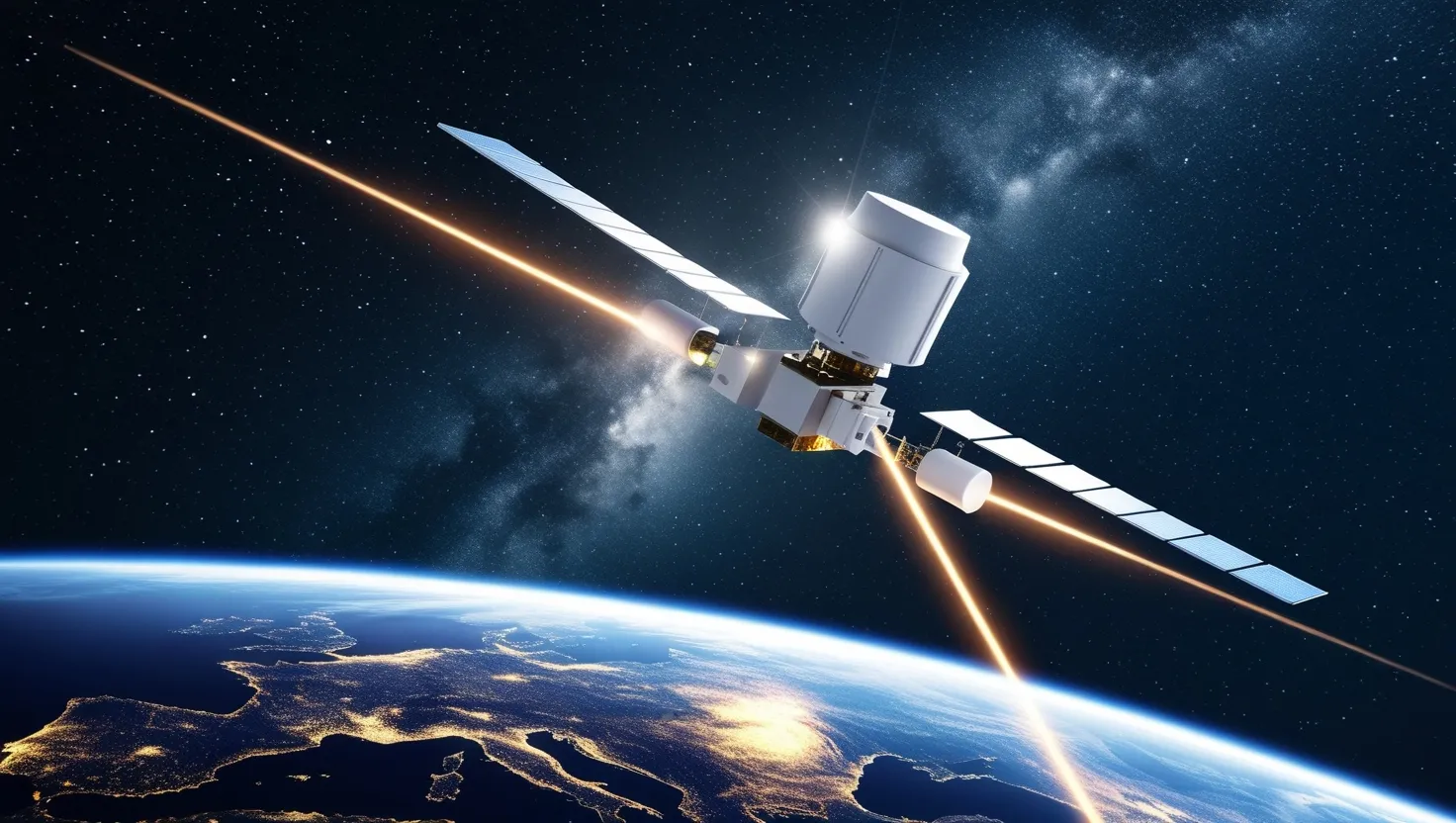7 Groundbreaking Advances in Bioelectronic Medicine: From Neural Dust to Smart Tattoos (2024)
Discover how bioelectronic medicine transforms healthcare through 7 groundbreaking innovations. From neural dust to bioelectric tattoos, explore the latest advances merging biology and electronics for better treatments. Learn more.

7 Scientific Breakthroughs in Cell Rejuvenation: New Research on Aging (2024)
Discover 7 groundbreaking advances in cellular rejuvenation and aging reversal. Learn how scientists are revolutionizing regenerative medicine through DNA repair, stem cells, and mitochondrial restoration. #Science #Longevity

Brain-Robot Synchronization: 8 Breakthrough Technologies Shaping the Future of Human-Machine Integration
Discover how brain-robot synchronization is transforming human-machine interaction. From thought-controlled drones to emotion-responsive robots, explore breakthrough technologies shaping our future. Learn more. #Robotics #AI

Quantum Networks in 2024: 8 Breakthroughs Transforming Global Communications
Explore the latest breakthroughs in quantum networks, from satellite-based quantum communication to room-temperature components. Learn how these innovations are transforming global connectivity and security. #QuantumTech

Quantum Sensing: 10 Breakthrough Applications That Will Transform Modern Technology [2024 Guide]
Discover how quantum sensing revolutionizes measurement across industries - from brain imaging to dark matter detection. Learn about groundbreaking applications in medicine, navigation, and defense. Transform your understanding of scientific innovation. #QuantumTech

Brain-Machine Interface Breakthroughs: 7 Technologies Transforming Human Potential in 2024
Explore groundbreaking advances in brain-machine interfaces: from thought-to-speech translation to neural implants. Learn how these technologies are transforming medicine, enhancing human capabilities, and reshaping our future. #Neuroscience #Tech

Dark Matter: New Evidence Reveals Hidden Forces Shaping Our Universe [2024]
Explore the mysterious world of dark matter and its influence on our universe. Learn how this invisible cosmic force shapes galaxies and drives scientific discovery. Find out what latest research reveals.

7 Marine Biotechnology Breakthroughs: From Ocean Pollution Solutions to Sustainable Materials
Discover 7 groundbreaking marine biotechnology innovations transforming our world - from pollution-fighting corals to sustainable biofuels. Learn how ocean life is revolutionizing science and industry. Explore now.

7 Breakthrough Discoveries in Antimatter Research That Challenge Modern Physics
Discover 7 groundbreaking antimatter research findings transforming physics. From precision spectroscopy to gravity experiments, explore how these advances reshape our understanding of the universe. Learn more now.

Space Debris Clean-Up: 6 Revolutionary Technologies Transforming Satellite Safety [2024]
Discover 6 innovative technologies cleaning up space debris and protecting our orbital environment. Learn how lasers, robots, and magnetic systems work together to create safer space operations. 🛰️ #SpaceTech #Sustainability

6 Quantum Chemistry Breakthroughs Transforming Modern Science (2024)
Discover how quantum chemistry breakthroughs transform drug development and materials science. Learn about 6 major advances in molecular modeling, quantum simulation, and enzyme catalysis. #Chemistry #Science

6 Breakthroughs in Synthetic Neurobiology That Are Transforming Brain Science (2024)
Explore 6 groundbreaking advances in synthetic neurobiology, from brain organoids to bioelectronic interfaces. Learn how these developments transform our understanding of the brain and shape future treatments. #Neuroscience

7 Breakthrough Technologies Transforming Climate Change Monitoring in 2024
Discover how quantum sensors, AI models, and satellite networks transform climate monitoring. Learn about cutting-edge technologies tracking Earth's vital signs and shaping our climate response. Get insights now.
